Navigating the Internet used to be quite a task. Pop-up ads, trackers, and potential threats from malicious domains made my online journey less than pleasant. I’d been using Pi-hole to mitigate these issues, but then I stumbled upon AdGuard DNS, and it turned my online experience around completely.
AdGuard DNS: More Than Just a DNS Resolver
AdGuard DNS is not your typical Domain Name System (DNS) server. In addition to translating domain names into IP addresses (the primary function of DNS), it actively filters and blocks unwanted ads, trackers, and harmful websites.
Every time my browser attempts to connect to a domain associated with ads, trackers, or potential threats, AdGuard DNS steps in, sending back a null response instead of the actual IP address. This proactive approach acts as a powerful shield, enhancing my browsing experience significantly.

Customized Protection Modes with AdGuard DNS
AdGuard DNS offers three distinct modes, each catering to specific user needs:
- Default Mode is my everyday companion, efficiently blocking ads, trackers, and potentially harmful websites.
- Family Protection Mode is a blessing when my nieces and nephews visit. It blocks adult content and enforces safe search options in browsers.
- Non-filtering Mode provides a secure and reliable connection without any blocking, useful for those moments when I need an unrestricted Internet experience.
A Commitment to Privacy
What struck me about AdGuard DNS was its unequivocal commitment to user privacy. It supports a range of secure DNS communication protocols, such as DNSCrypt, DNS-over-HTTPS (DoH), DNS-over-TLS (DoT), and DNS-over-QUIC (DoQ).
A Seamless Transition from Pi-hole
Transitioning to AdGuard DNS from Pi-hole was seamless. While both offer effective ad-blocking capabilities, I found AdGuard DNS to be a more comprehensive solution that required no local hardware or software installations. Plus, it comes with its own set of advanced features that make my Internet browsing safer and more enjoyable.
What about my firewall and Anitivirus?
Despite its crucial role in Internet navigation, DNS is often overlooked in discussions around home network security. While firewalls and antivirus software are widely recognized as essential protective measures, the importance of a secure DNS is less commonly acknowledged. However, this does not diminish its significance. A secure DNS, like AdGuard DNS, not only translates domain names into IP addresses, but it can also provide vital protection against threats like malicious domains, ads, and trackers. Thus, while it may not have the same recognition as a firewall or antivirus, a secure DNS plays an equally important role in safeguarding your online experience.
How to setup
Setting up AdGuard DNS is a breeze and can be accomplished in various ways. You can find a detailed guide on their website. To secure your entire network, I’d recommend configuring this DNS on your modem or router. I’ve included a screenshot below to show how I’ve added it to my Fritzbox and how it appears on the dashboard. Plus, I’ve added another screenshot demonstrating what you’ll see on the dashboard and the additional security options you can enable.
As you can see, the installation process is pretty straightforward, swiftly securing all devices on your network. If you ever encounter an issue where you can’t view something in your browser, there’s an easy fix – temporarily disable the DNS via the website to check if it resolves the issue and then exclude it if necessary. Ready to secure your digital realm? Visit the ADGuard DNS website and create an account. For added protection while traveling, consider using AdGuard VPN, which offers the same fantastic benefits as AdGuard DNS. Surf with confidence, whether at home or on the go!


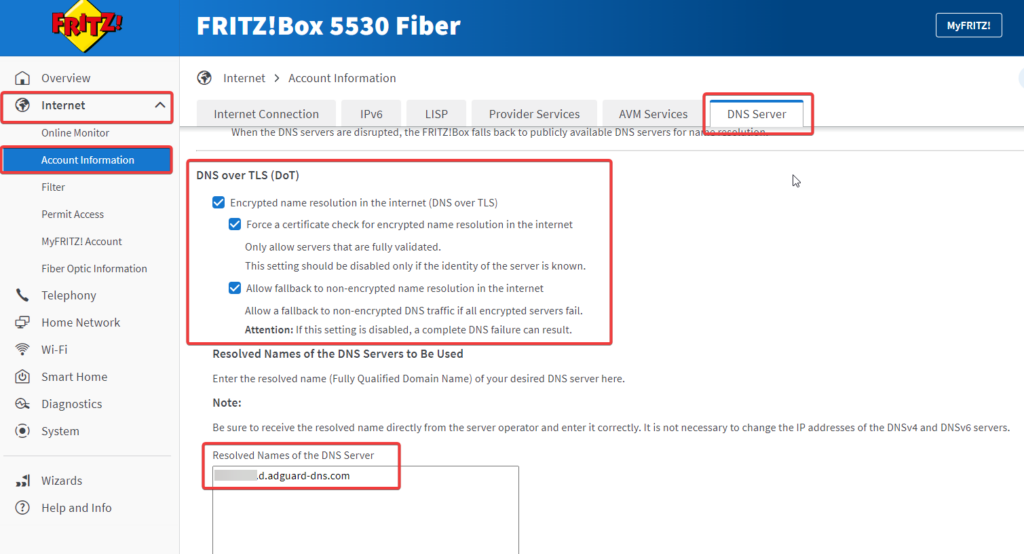
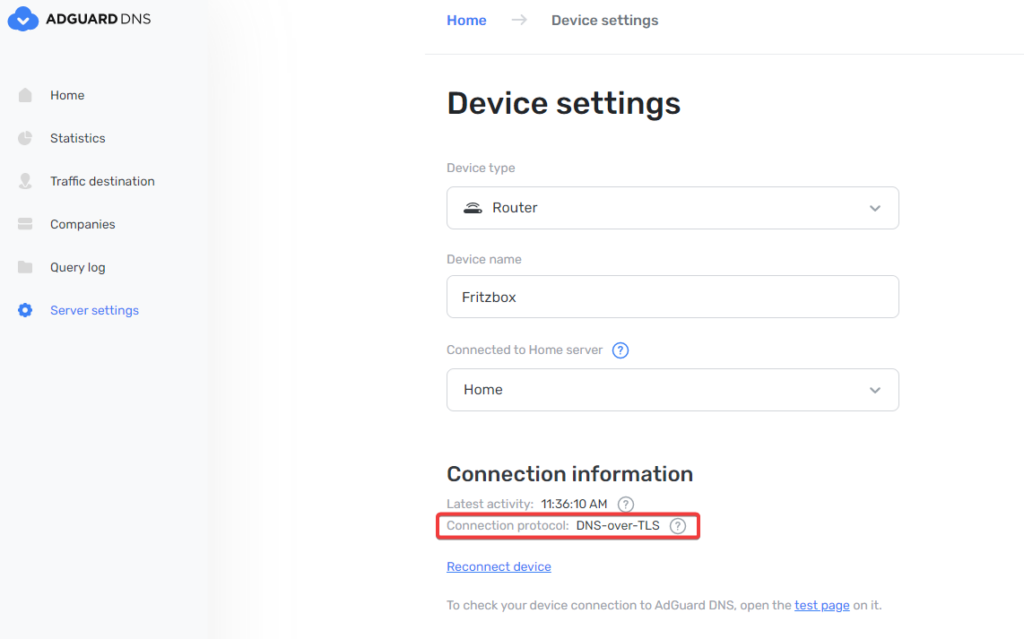
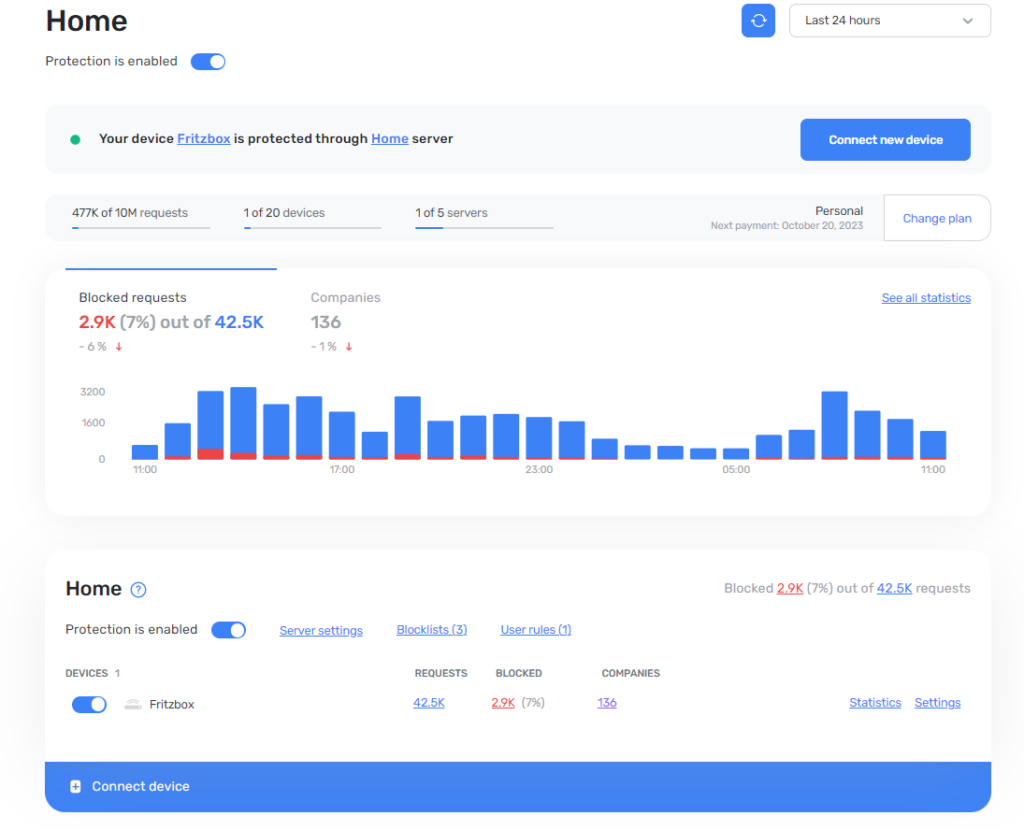
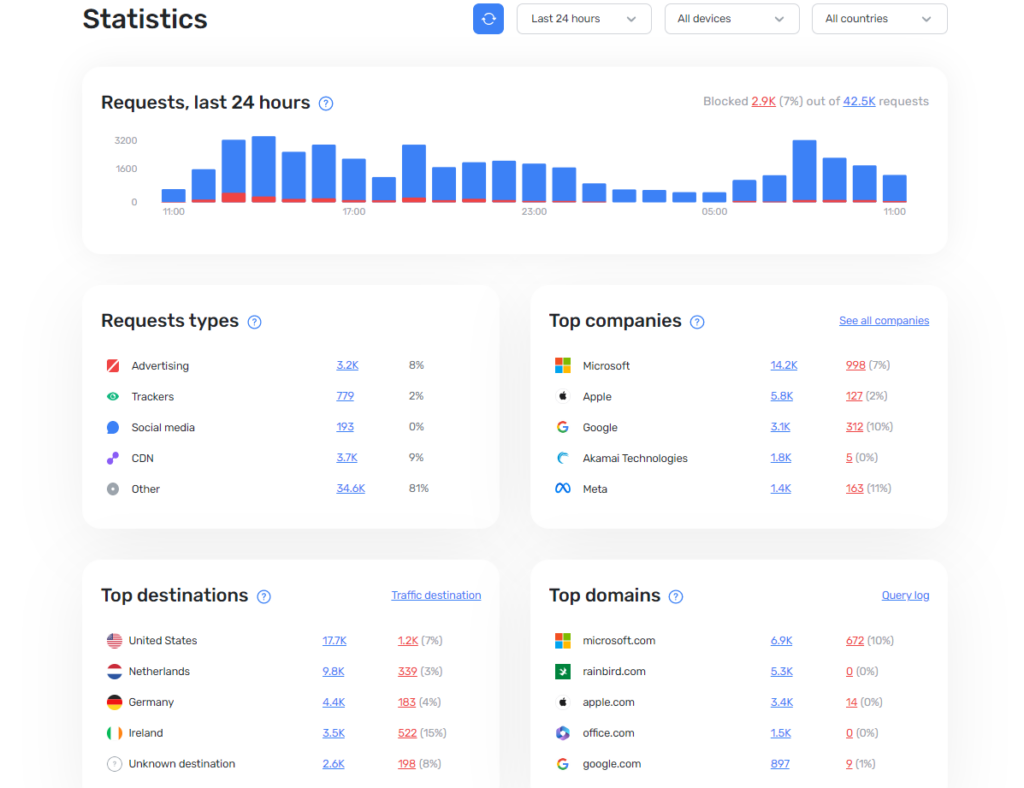
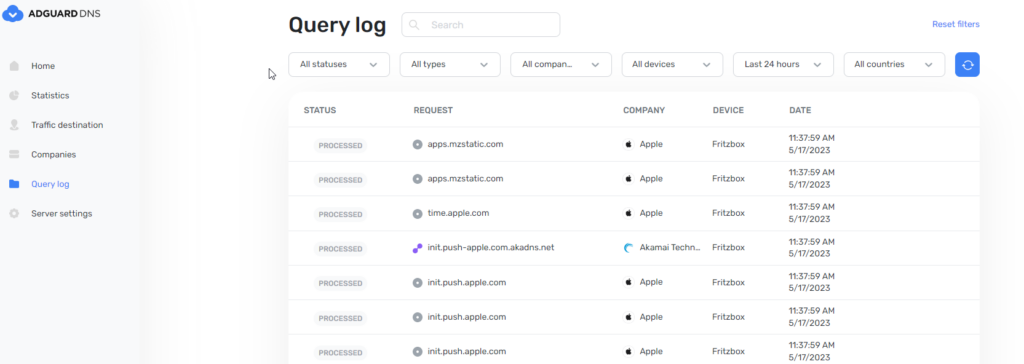
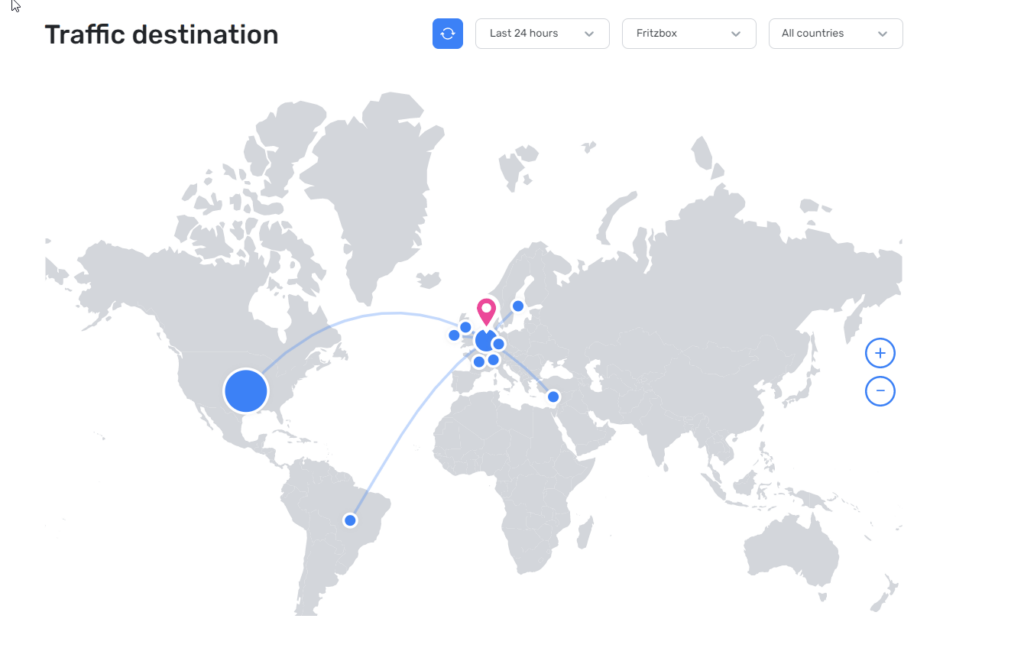
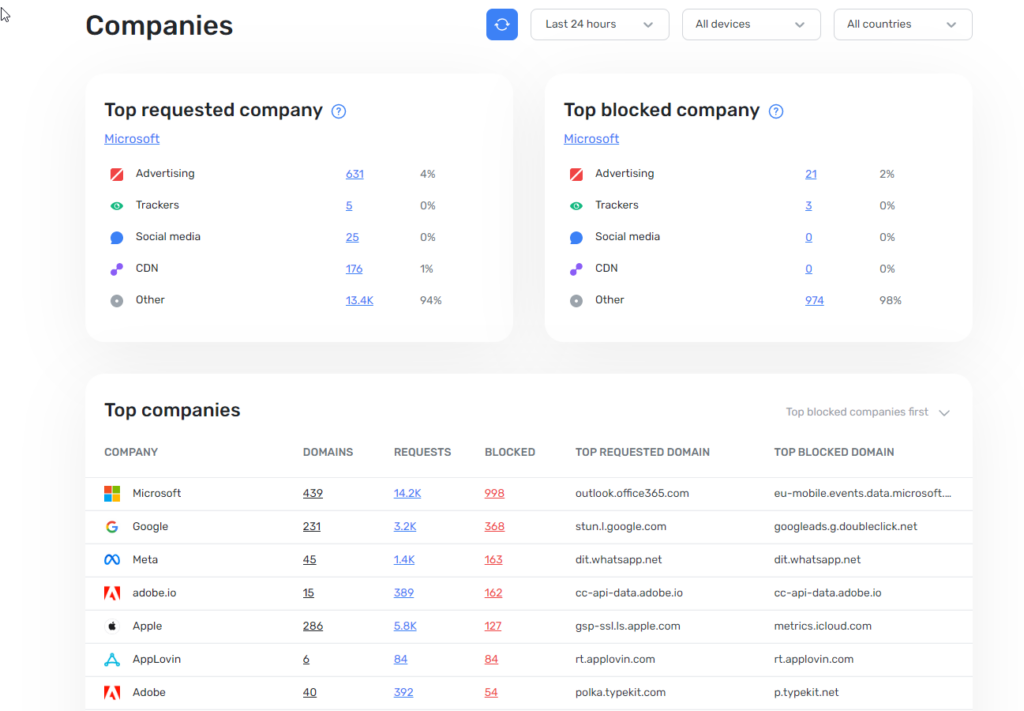
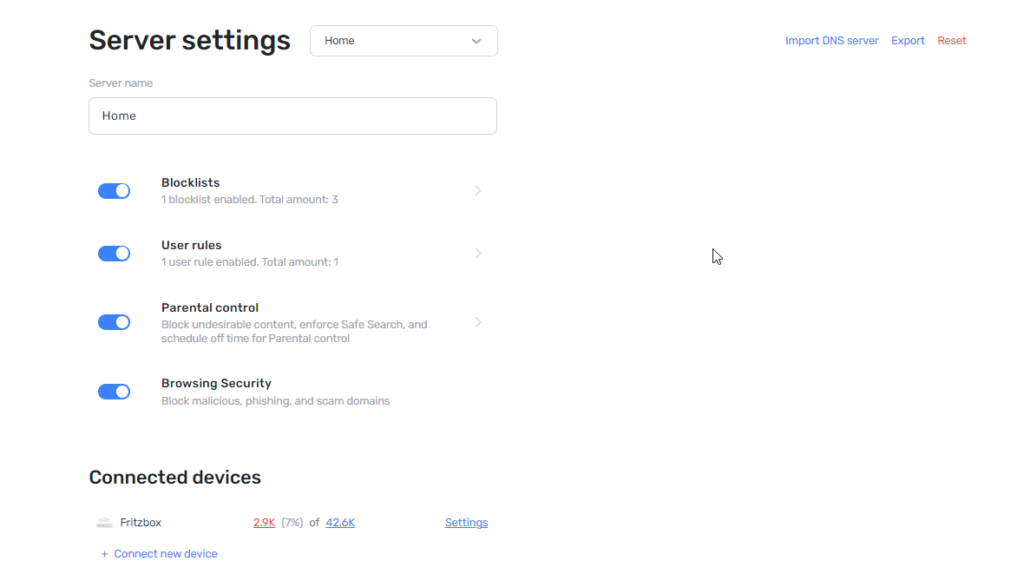
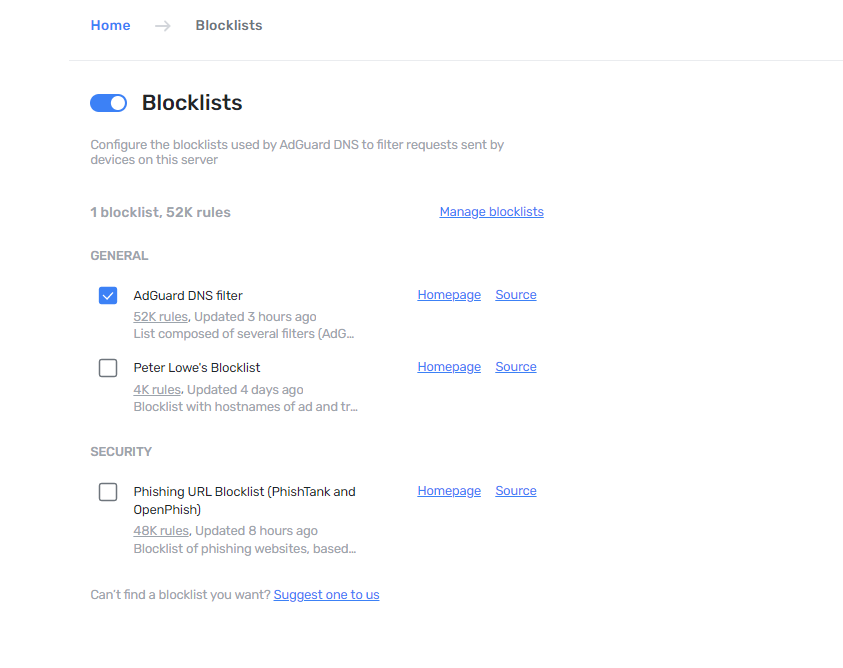
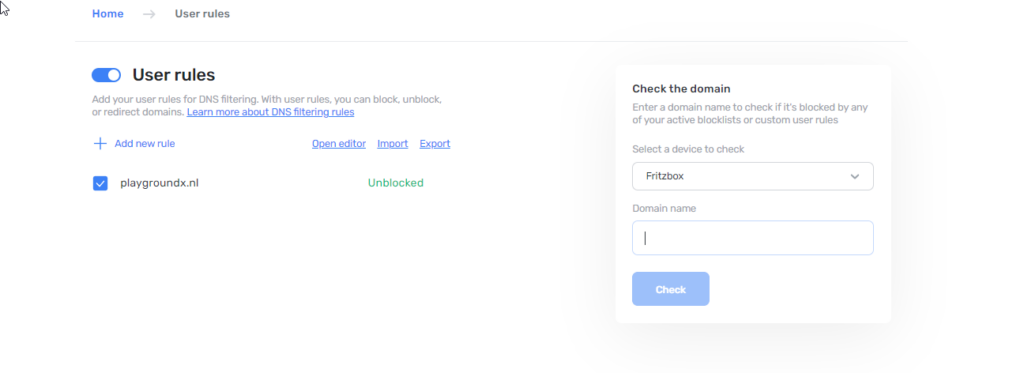
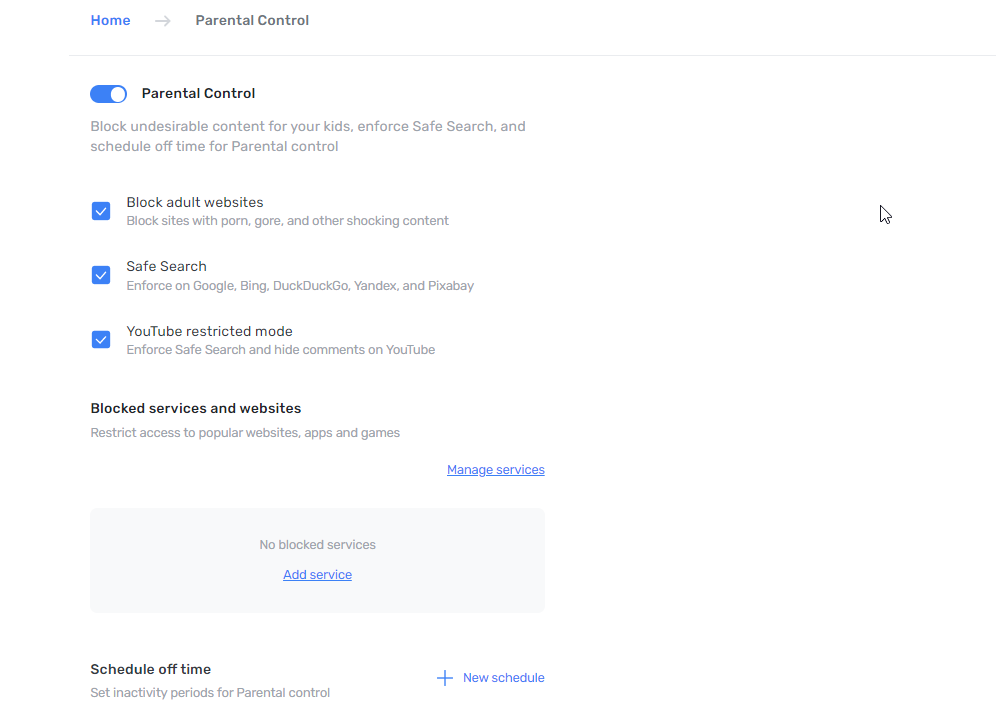
Your writing style is engaging and relatable, making the concepts and strategies you’ve shared accessible to a wide range of readers.
tnx Daan